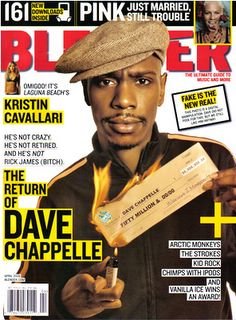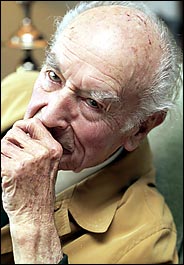
Chappelle Burns His 50M Comedy Central Check
From Oxford Dictionaries, whatever the hell that might be, a collection of their most frequently asked questions. Might prove useful for writers such as myself, who have no idea what they are doing.
We have built a database of some of the questions sent in to the Oxford Word and Language Service team, so it is likely that if your question is a fairly broad one on grammar, usage, or words then it will be answered here. Simply choose a category and then browse the list of questions.
Ask Oxford Link
They may refute the "supposed disease," but I memorized pneumonultramiscroscopticsilicovolcaniosis early in my days, and I stand by my childhood challenges. It's a disease you get from inhaling volcanic ash.
Use it someday, and impress your friends



